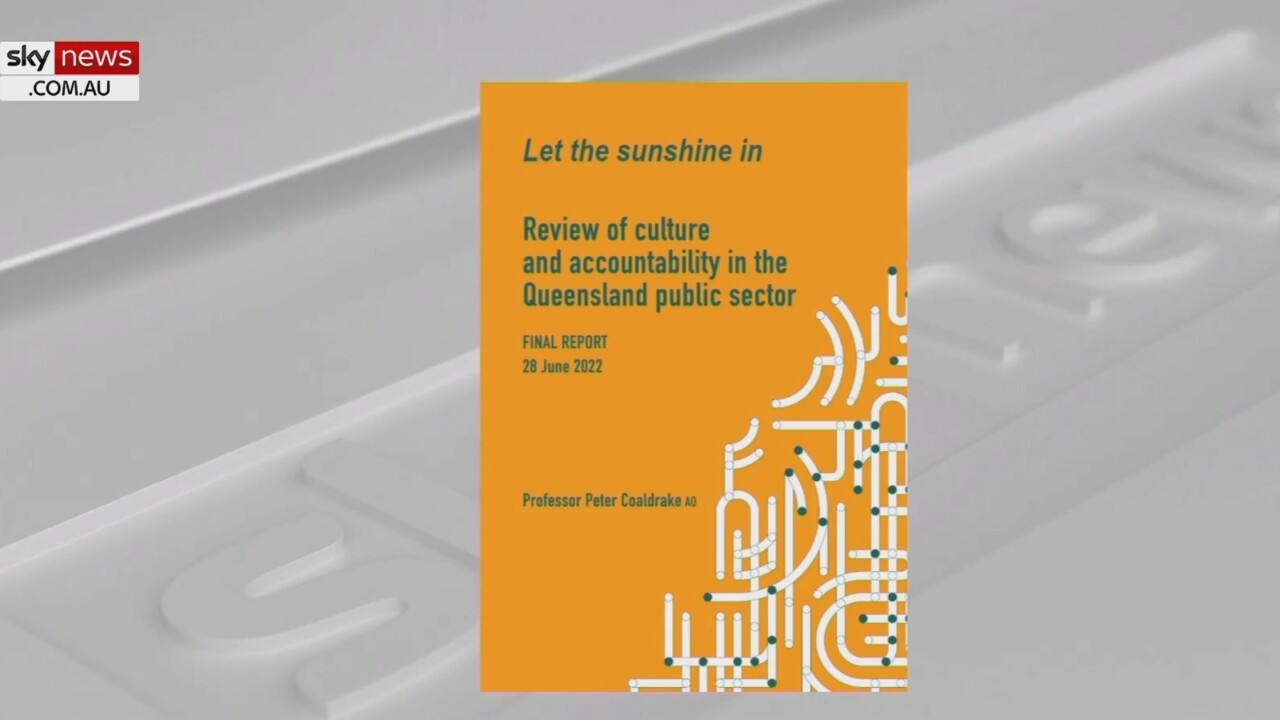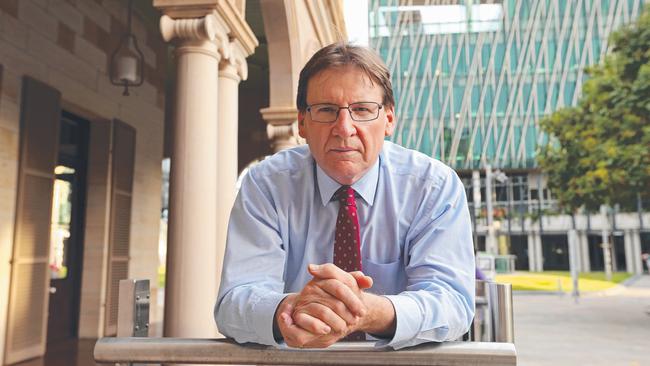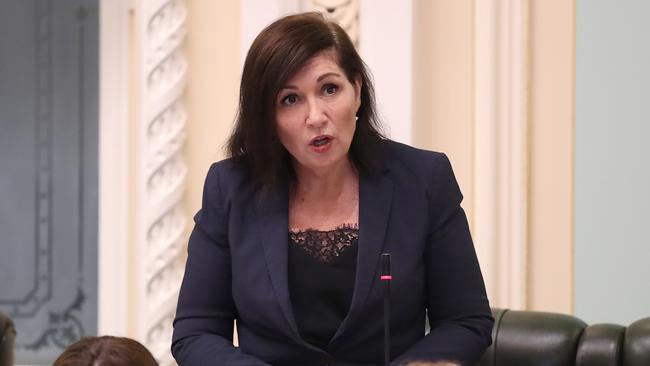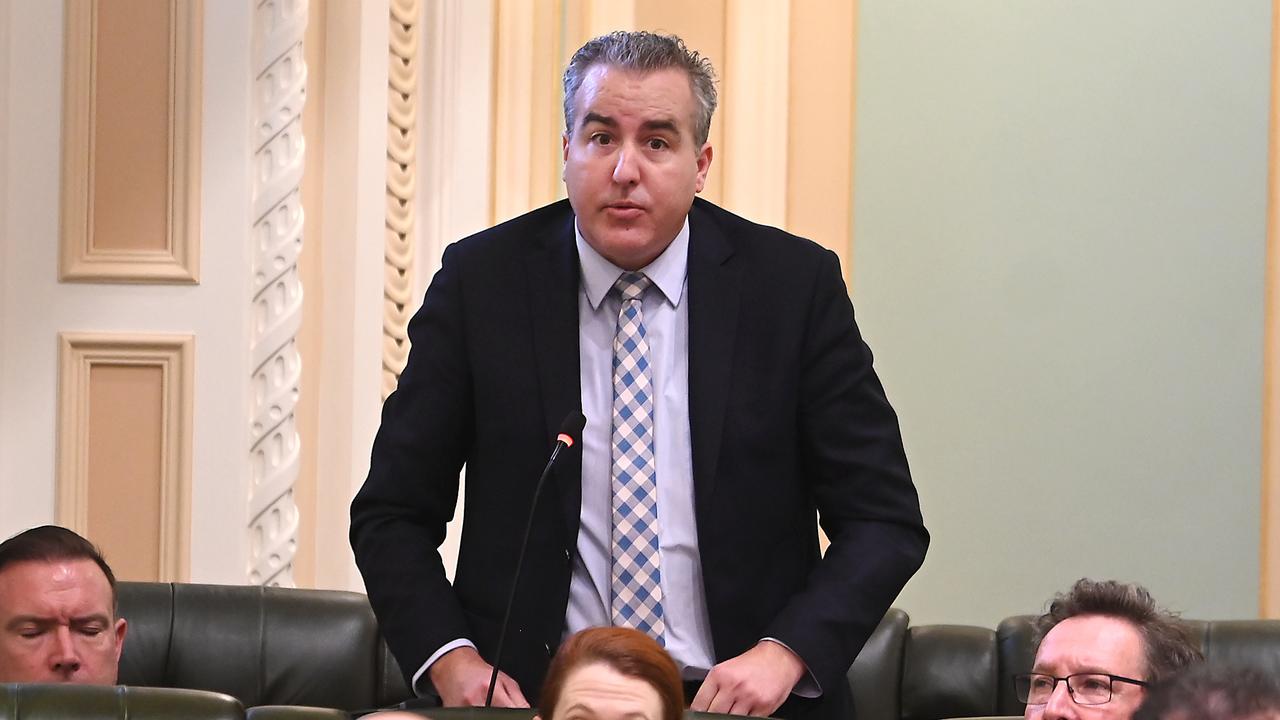The secret Qld cabinet documents that won’t be released despite reform
Certain secret government documents will remain locked away for decades more despite the implementation of a landmark integrity reform, the government has revealed.

QLD Politics
Don't miss out on the headlines from QLD Politics. Followed categories will be added to My News.
Certain secret government documents will have to be kept locked away for two decades despite the implementation of a landmark integrity reform, the government has revealed.
Arts Minister Leeanne Enoch, who is responsible for the state’s archives, confirmed a lot of the work to secure the 30-day release of cabinet documents had been finalised and the scheme would come into effect in the first half of 2024.
But the speedy release of cabinet documents will not apply to information deemed of a personal nature or which is security-sensitive.
Professor Peter Coaldrake’s landmark review into government accountability, released in 2022, recommended the proactive release of documents so the public could trust decisions were made “in the open and subject to scrutiny”.

State cabinet documents are currently kept secret for 20 years. Documents pre-2009 are kept confidential for 30 years.
Ms Enoch revealed a lot of the work to ensure 30-day cabinet releases can happen has been finalised, but certain details were being ironed out by the “various agencies that have to do that work”.
The official start date for 30-day cabinet document releases has not been decided.
The 30-day release of documents will not be retrospective, meaning it will not apply to any cabinet meetings prior to the date it becomes active.
“Every time you see these minutes, there’s still a great deal of work that has to be done to make sure that personal matters, matters pertaining to personal affairs or people who might still be alive, all that has to be taken care off before it can be made public,” Ms Enoch said.

Queensland state archivist Louise Howard said a balance of “transparency and access” needed to be struck.
“Those items that still have information that would accrue a restricted access period such as personal information, information that might provide a security issue that would then still retain that 20 year disclosure period,” she said.
“It’s usually a very small amount, but it is around balancing the protection of personal information and the transparency of the records.”
The New Zealand government has proactively released cabinet documents since 2019, with their policy stating cabinet papers should be released after 30 days unless there is “good reason” not to.
Those reasons include “for matters which relate to national security, have international implications, and/or commercial, or trade or travel sensitivities”.
Prof Coaldrake, in his report, warned the proposal for increased transparency may risk things being “pushed underground” to avoid disclosure.
“Any tendency to avoid disclosure upon the implementation of a transparency regime, would be a serious indictment on culture,” he said.




